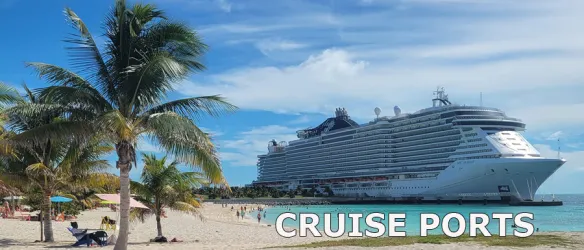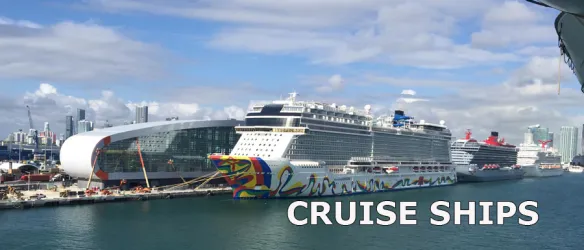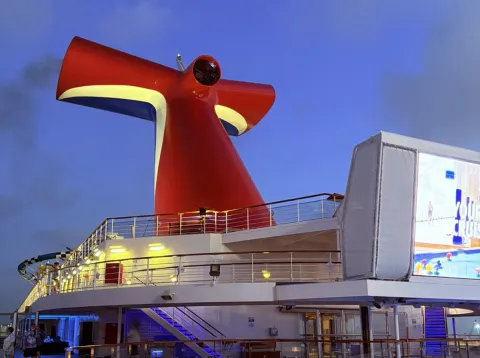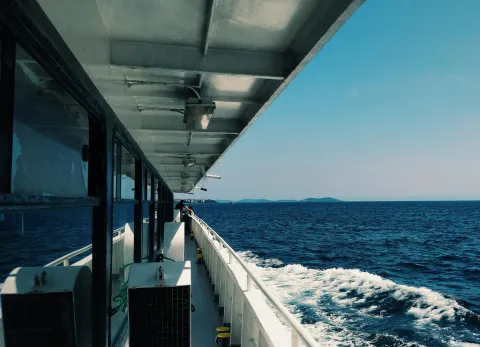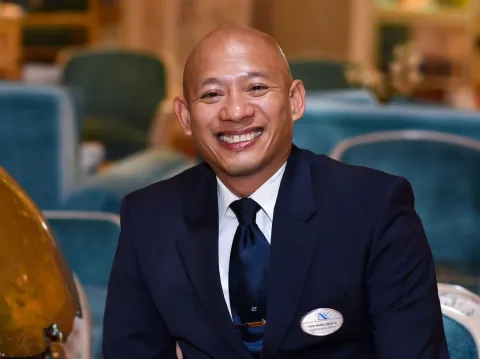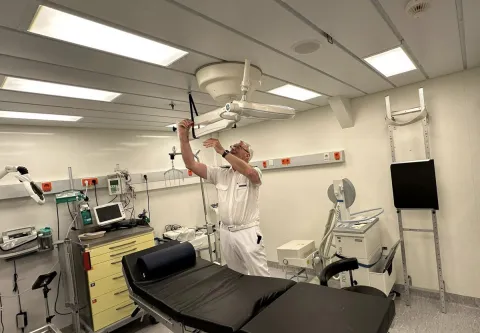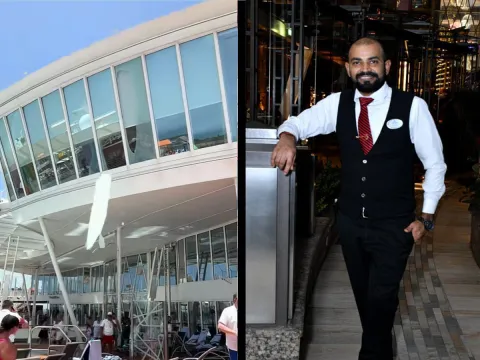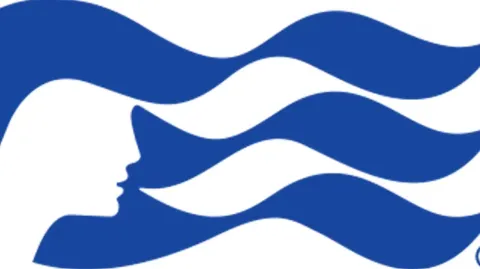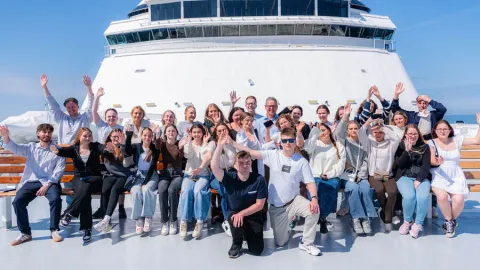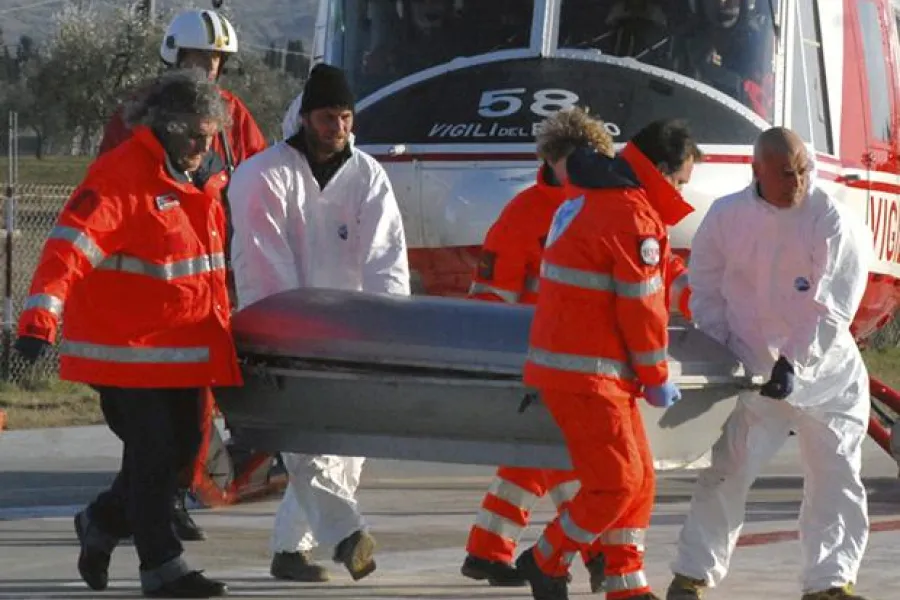
When an incident occurs onboard a cruise ship, often times the details surrounding the matter are washed away with the currents, especially if the incident involved a crew member and the details would provide proof that the line is at fault for the incident happening and for the injuries suffered by the crew.
Cruise companies are responsible for the safety of the crew while at the call of the vessel, whether the death happen on board or not. When a death occurs, the surviving loved ones have the right to consult with a maritime attorney and often times are entitled to file a seaman’s claim for the occurrence. Miami maritime law firm, Lipcon, Margulies, Alsina & Winkleman, P.A., explains that whether the crew member dies due to an accident, criminal activity or the negligence of someone, there are steps that should be followed immediately following the fatality to insure the rights of the dead crewmember and his surviving family members can be protected. Below are these steps in detail.
Procedures the Cruise Line Must Follow After the Death of a Crew Member
Lipcon’s maritime lawyers explain that when a crew member has passed onboard a cruise ship, the first thing that the cruise line must do is secure the body in an on board freezer if possible and notify both federal maritime authorities (FBI, Coast Guard, etc.) as well as the victim’s family.
An autopsy should be mandated by the family regardless of whether the death was imminent (as from an illness) or unexpected. The purpose of this is to determine the true cause of death and whether any foul play occurred. If foul play is suspected, a criminal investigation must be initiated as quickly as possible.
The line has the responsibility of making the arrangements for the repatriating the body back to the family members. Although, most of the major cruise lines provide death benefits for their employees and these benefits are spelled out in the employment contract, such as the funeral expenses. The Contract benefits may not be the only source of compensation available to the family.
Unfortunately, a crew member death is not always followed by adherence to proper protocol. There have been a number of cases were following a crewmembers deaths the line failed to preserve the body adequately and/or took it upon itself to embalm the body before notifying loved ones for authorization and before performing an autopsy. If this transpires, only one of two explanations is usually viable: 1) the coroner failed to follow proper procedures due to inexperience or negligence or 2) the death is suspicious and the body was embalmed to conceal any evidence linking the death to the line.
In both cases, the surviving family should speak with an attorney to see whether a claim should be filed.
What Surviving Families Should Do
Immediately after being notified of the death, surviving family members should contact a maritime attorney. When first contacted by the line the Family should notify them that they want the body autopsied and then shipped home along with all of the personal belongings of the crew member.
In order to make sure that none of the personal belongings don’t make it back to the family or that the Line claim that that something was not on board or that the crewmember died as a result of a pre-existing illness, it’s important for crew members to make a list of their property, and any medical conditions they are suffering from and leave it with loved ones before they set sail. In the case of disappearances, having given the family their itinerary and their expected arrival and departure dates from each port of call can also be of great help.
Though surviving loved ones will not be entitled to any benefits aside from funeral expense costs and any contractual death benefits the death was of natural causes, if the death resulted from failure to provide prompt, proper and adequate medical care for an illness, or as a result of criminal activity or due to negligence substantial damages may be attainable if they file a seaman’s claim, and are successful.
Wrongful Death Claims and a Family’s Rights Under the Death on the High Seas Act (DOHSA)
If the death happens on the high seas or as a result of an injury that occurred on the high seas, the surviving loved ones recovery rights are limited by the Death on the High Seas Act (DOHSA). DOHSA provides recovery for the death of any person "caused by wrongful act, neglect or default occurring on the high seas beyond a marine league (3 miles) from the shore of any state." These claims can only be brought by the personal representative of the deceased on behalf of the surviving dependants.
Under DOHSA, beneficiaries include:
-Surviving spouse
-Biological children
-Step children who have suffered pecuniary losses due to the death
-Dependant parents
-Dependant siblings
Under the act, dependants may receive a number of benefits, including financial support in accordance to the contributions that the deceased would have made over the course of his/her work, loss of services, and the value of the care and guidance for dependent children.
DOHSA does not provide beneficiaries with compensation for loss of consortium or grief and bereavement damages. Additionally, DOHSA doesn’t recognize Common Law Marriages.
The laws governing maritime wrongful death claims are very complex. Hiring an experienced maritime attorney is essential to ensure the family’s rights are protected. Hiring an attorney who is well-versed in wrongful death actions is the best way to obtain the maximum recovery possible. The attorney’s at Lipcon, Margulies, Alsina & Winkleman, P.A. have secured over $100 million in recoveries for the victims of cruise ship injuries and accidents though out the years and are committed to helping victims obtain the benefits they are due under the law.
If you have lost a loved one while in the employ of a shipping line, Lipcon’s maritime lawyers will fight to obtain for you any and all benefits you may be due. Contact the firm today to get them started on your case and protect your rights. The first consultation is free.
About Lipcon, Margulies, Alsina & Winkleman, P.A.
Lipcon, Margulies, Alsina & Winkleman, P.A. is an award-winning Miami, FL law firm that focuses on maritime and admiralty claims against cruise lines, cargo vessels and boat companies. Representation may be available for anyone who has suffered an injury, illness, been the victim of a crime or lost someone they love. The cruise claims lawyers at Lipcon consistently receive the "AV" Preeminent rating of 5.0 out of 5.0 from their peers for their exceptional level of ethics and professional ability. Several of the firm's attorneys have also received the "SuperLawyers" Award, recognizing their exceptional degree of professional achievement in the field of maritime law.


